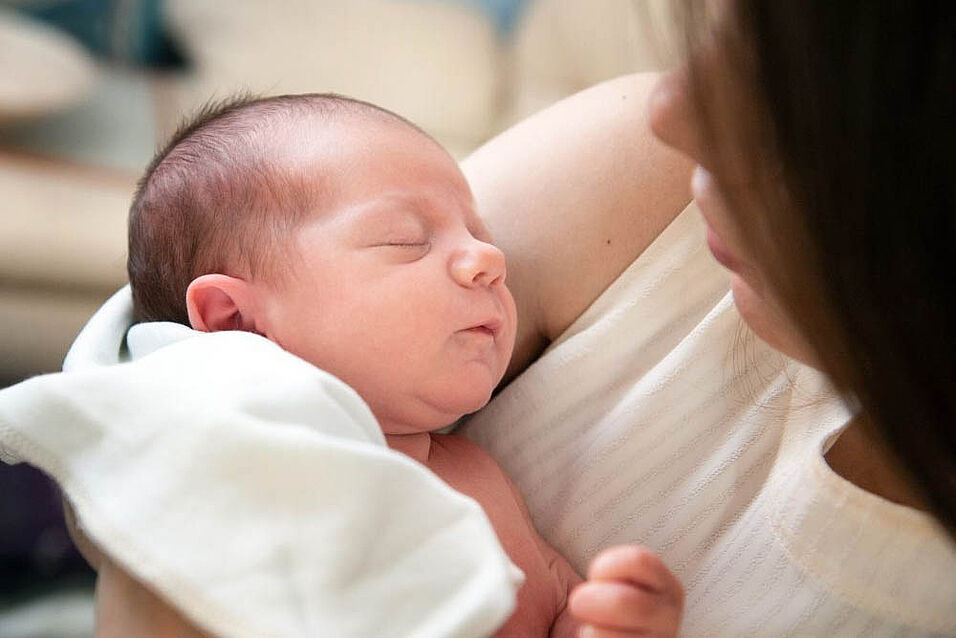The prevailing belief that the uterus is a sterile environment and that babies don’t start to develop a microbiome until they are born is one of the established principles of immunology and reproductive biology. Several studies published after 2010 challenged this principle as they were able to detect bacteria in samples of placenta and amniotic fluid. An interdisciplinary team of leading experts from reproductive biology, microbiome research and immunology took a close look at these controversial studies and reviewed the analyses. “The special problem with these microbiomes is the very small concentrations of bacteria present. Therefore, even species present in traces must be reliably detected and distinguished from contaminants,” explains Thomas Rattei. For the study now published, he evaluated statements on data analysis and bioinformatics.
Indeed, the team of international experts unanimously concluded that the detection of microbiomes in foetal tissues was due to contamination of samples drawn from the womb. Contamination occurred during vaginal delivery, clinical procedures or during laboratory analysis. This consensus contributes to an international comparability of studies in this field and provides researchers with guidance in their analyses. “Knowing that the fetus is in a sterile environment, confirms that colonization by bacteria happens during birth and in early post-natal life, which is where therapeutic research on modulation of the microbiome should be focused”, says Jens Walter, microbiome researcher at the University College Cork (Ireland) and head of the study. The report in Nature encourages researchers to focus their studies on the microbiomes of mothers and their newborn infants and on the microbial metabolites crossing the placenta which prepare the fetus for post-natal life in a microbial world. It also provides guidance on how scientists in the future can avoid pitfalls of contamination in the analysis of tissues where microbes are expected to be absent or present at low levels.
Link:

